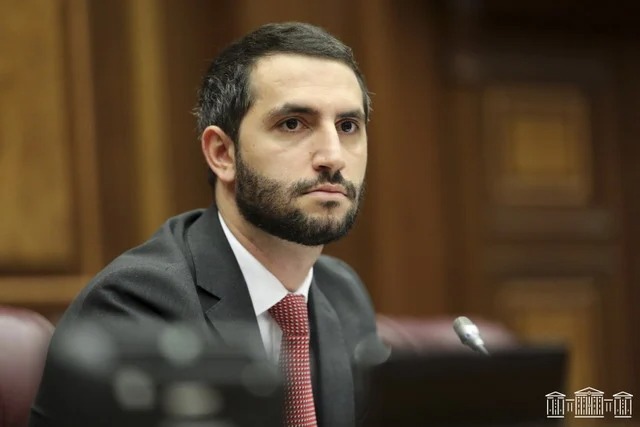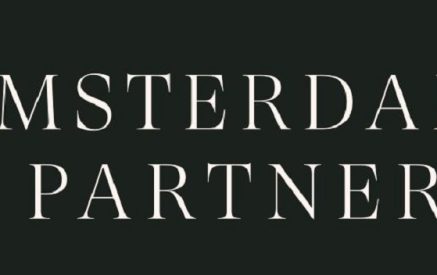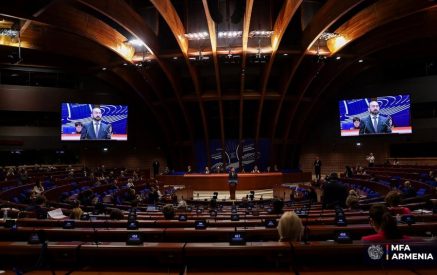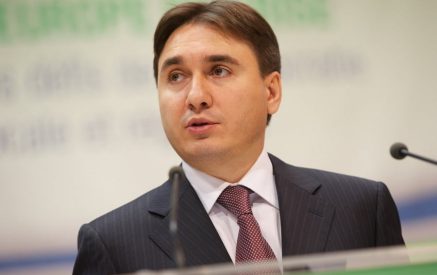“Aravot” interviewed the leader of the Armenian delegation in the Parliamentary Assembly of the Council of Europe (PACE), Ruben Rubinyan, about the estimations on the PACE autumn session.
– What significance does the PACE co-reporters’ announcement, where Azerbaijan is exhorted to retreat from sovereign areas of Armenia and set Armenian POWs free have, taking into consideration that PACE announcements and formulae do not necessarily have to be completed?
– PACE announcements, and even those by PACE co-reporters, surely aren’t obligatory, but they do have political significance. The co-reporters’ announcements directly and with no otherness urged Azerbaijan to leave the occupied territories of Armenia and set all the POWs free. They have also expressed concern about the information on the war crimes Azerbaijan’s armed forces have committed.
– Even though the criticisms uttered towards Azerbaijan during the PACE meeting were reversed by Azerbaijani delegators, blaming Armenian delegators, simultaneously the PACE president insisted on both sides use the opportunity of the PACE session and try to improve the situation. Had a meeting with members of the Azerbaijani delegation occurred?
Read also
– No, there wasn’t any initiative by anyone.
– How would you estimate the PACE session? Some criticisms are targeted towards the Armenian delegation, that even though they had a discussion on the military actions between Armenia and Azerbaijan, no documents were adopted in the end.
– The format of the session was as follows: the ongoing question was discussed, which doesn’t intend a formula to be adopted. But it was an important discussion because all the representatives of PACE political groups clearly condemned Azerbaijan’s aggression and exhorted Azerbaijan to withdraw its army from the sovereign territories of Armenia, the co-reporters made the announcement in parallel. We are going to develop a formula, but it isn’t for this session.
– Is there any progress regarding the issue of the POWs, aside from the fact that this question was raised during the sessions, members of the Armenian delegation had discussions on that matter. Are there any agreements going to be made about the release of the POWs?
– Generally we do rise the issue of the POWs during all the meetings, debates and sessions, and we have to continue increasing the pressure with the help of our international colleagues.
– You had a meeting with the EU secretary-general, who sent a letter to the foreign minister of Azerbaijan and gave a warning, that they are going to follow what steps Azerbaijan is taking to reveal the war crimes. Will you share some details, were any deadlines established for Azerbaijan?
-I cannot go further into details. I have represented our general positions, the EU secretary-general revealed that she had sent a letter and the issue is in her attention. We shall wait and see. I am also going to meet up with CoE commissioner for human rights.
-What was the reason that the issue of Azerbaijan receiving sanctions wasn’t raised during the session?
-It was not raised this time, but, I repeat, the actions of Azerbaijan were clearly condemned, and we are going to increase the pressure. The reason is that this is a process, and that process is ongoing.
-Mr. Rubinyan, as far as I understand, because of an opinion you voiced about our colleagues choosing to stay silent when approaching the issue of Nagorno-Karabakh, you received criticism, stating that is not the way to deal with the issue. What can you say about those criticisms? Were you misunderstood?
-Those comments are completely off-topic. My message was very clear during the session. An attack on Armenia’s sovereign territories took place, I talked about it and exhorted to condemn the situation. I am not familiar with any other comments, aside from Hayk Mamijanyan’s comment, which I naturally do not accept.
Tatev HARUTYUNYAN





















































